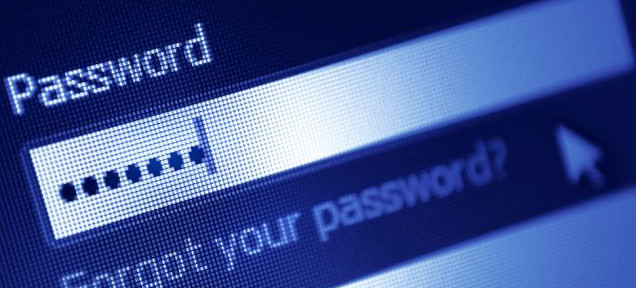Table of Contents
Exclude Identifying Information From Your Social Media Pages
– Are you familiar with all of your contacts on social media in real life, or are many of them acquaintances, celebrities, and others you do not actually know? Details like phone numbers, addresses, and children’s names can help hackers figure out who you are and wreak havoc on your life.
– Go into the settings and change your account to private. You should also use settings on each post so the correct audience is given access to the information.
Strengthen and Protect Your Passwords
– Use a phrase that is not extremely hard to remember, but replace some of the letters with numbers and symbols. Adding capital letters can be useful as well.
– Create different passwords for each use. Using something universally might be simple, but this means that many accounts will be compromised if there is a breach.
– Use two-factor authentication whenever possible. This will give you additional protection. After submitting your username and password, you will be asked to identify yourself in another way, typically by email or text.
Work On Your Phone’s Privacy
– Make sure that your location is not being shared with social media apps.
– Avoid phishing emails. Never follow an email link that asks you to provide personal information. If there is any question that the email is valid, contact the company where it was supposed to be sent from. Phishing schemes may include hacking warnings, job offers, and financial offers. be careful so your information does not end up in the wrong hands.
Be Mindful When Using Wi-Fi
– Have you changed the factory password on your router? Many fail to do this and it leaves them in a vulnerable position.
– Avoid using public Wi-Fi networks. Using these may help decrease data usage, but it is also a great way for criminals to gain access to your data.
– Always update your browser and operating system. Companies offer updates that generally include security patches. It could be a pain to update everything frequently, but it will ensure you are safe when browsing the Web.
– Make sure all of the sites you visit are secure. Look for URLs that have ‘https’ in the beginning when you arrive on the site in question. If you do not see this, the site you are on is not trustworthy, so you should leave. Many torrent websites can be untrustworthy, use torrents from https://proxy-rarbg.org/ to ensure you are safe.
This may seem like quite a bit to do to be safe, but it is definitely worth the time and effort involved. It will minimize the chances of you becoming a victim of identity theft.


















